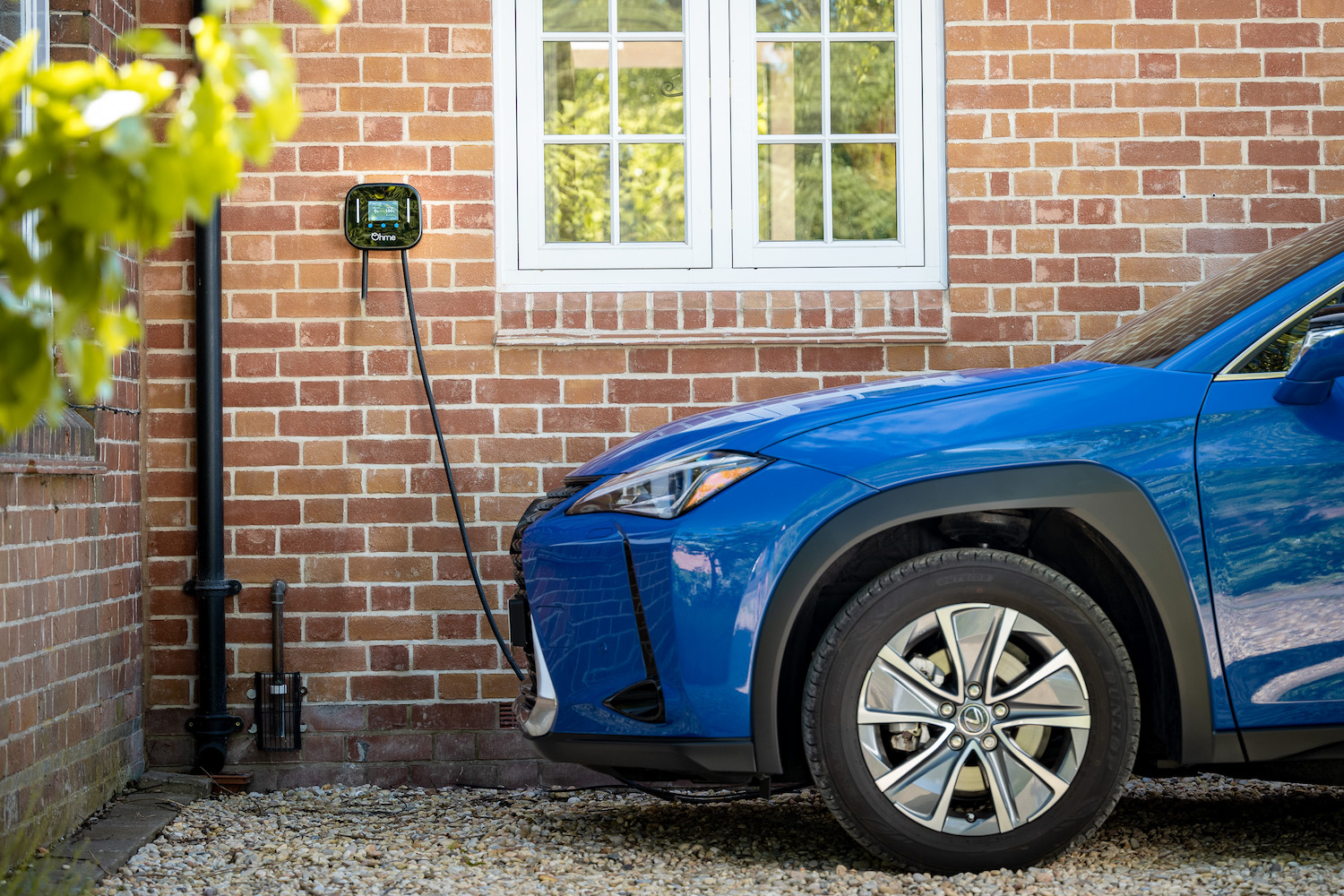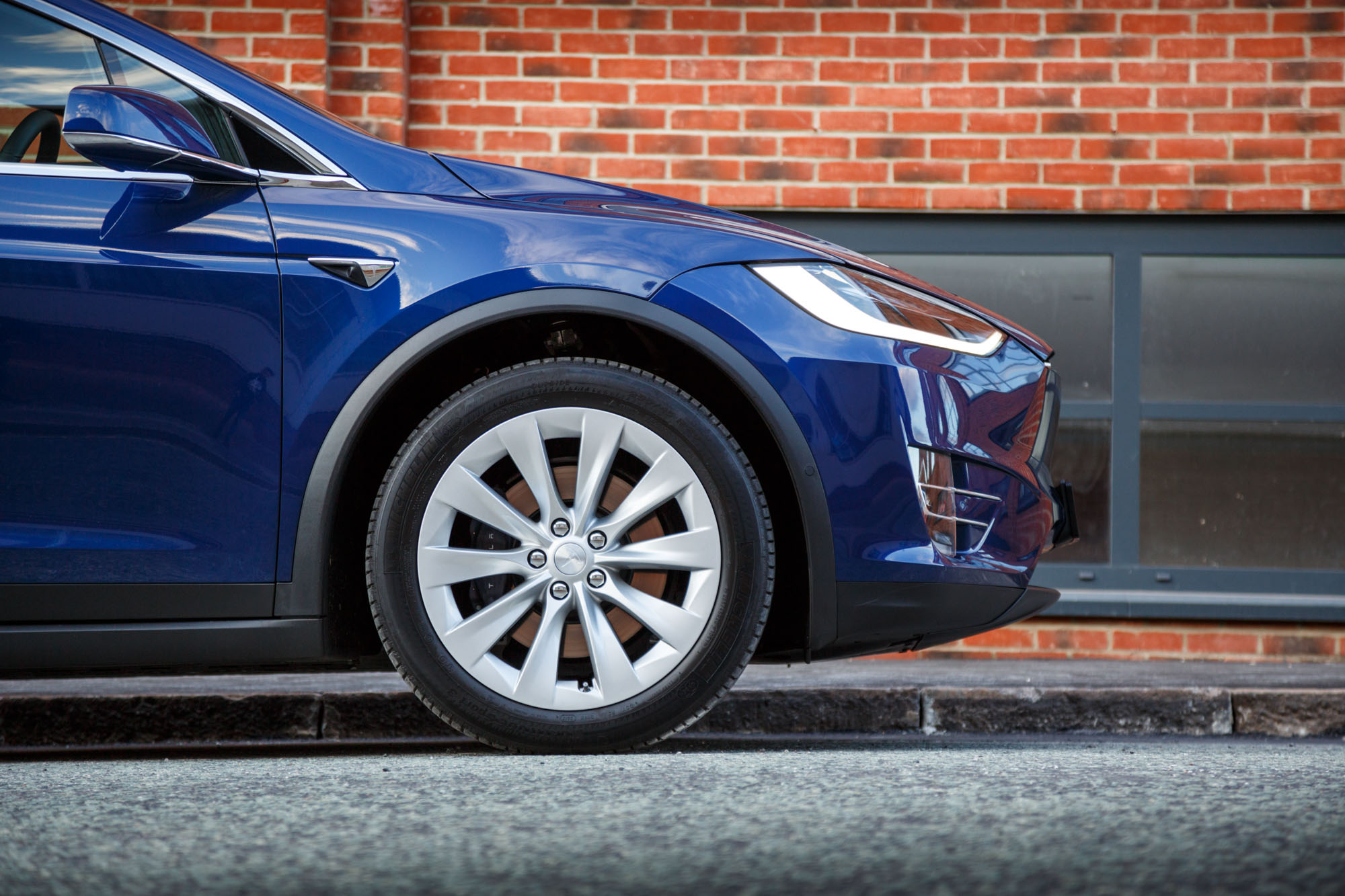With pennies being pinched and belts tightened, worries about energy bills have caused all of us to reassess our energy usage and discussions over the switch to an electric vehicle may well have already begun. Petrol prices have risen too and whilst they may have returned to a more manageable level than seen in early 2022, they remain high. Electric cars have long been touted as a cheap alternative regarding running costs. They simply charge up just like any other appliance we might have around the home, but research undertaken by Ipsos Mori has identified a number of misunderstandings surrounding EV ownership and charging at home, says leading smart charging company Ohme.
With sales rising steadily for new EVs year on year, 2022 has seen a rise of 48.8 percent so far. Demand is clearly there and the appetite to move away from fossil fuels and over to a greener solution is growing year on year. With the help of Ipsos Mori and Ohme, we can set the record straight on some common myths regarding EV ownership and charging electric vehicles at home.
Cost Concerns
An initial concern for many people is whether the installation of an EV charger is too expensive. Whilst this can be a sizeable fee, there are plenty of options available to reduce the expense. With average installation costing around £1000, this can be significantly reduced to as low as £449 with the help of a government grant. Some leasing and hire companies, like Octopus Electric Vehicles, offer a bundled package which includes the price of a charger along with the vehicle itself. Energy companies themselves are sometimes also able to help, Jersey Electric being a prime example as they include the price of an Ohme Home Pro charger as a package within some of their monthly electricity plans.

Once the set-up costs have been covered, another myth is the installation of an EV charger being a complicated and difficult process. In the vast majority of cases, installing an EV charger is quick and easy. With the ideal location for the charging point selected and the fuseboard being conveniently placed, installation is trouble-free, and this is the case for the majority of homes. If the charging point needs to be set up a long way from the fuseboard or parking isn’t available directly outside the home, then this can delay installation. Upgrading the existing electrical supply can also lead to delays and this is probably the most significant problem that could arise.
Easy Installation or Complicated Upgrades
A key reason for switching to an electric powertrain is the move to green energy and ensuring a lesser reliability on fossil fuels. So, does charging an EV at home rely more on fossil fuels than public chargers? The quick answer is no but it’s slightly more complicated than just a yes or no answer. A deciding factor is how much renewable energy is being supplied by your energy provider at any one time, though there are ways to manage this yourself. Ohme’s smart chargers really are smart, they offer the option of only charging when renewable energy generation on the National Grid is at it’s highest so you can keep your carbon footprint as low as possible. Different energy providers offer different levels of renewable energy, with over 300 green energy producers under their management, Octopus Energy Generation is one of Europe’s largest renewable power investors and make a great example of the changes that can be made to ensure as green and clean energy consumption as possible.
Sensible Solutions
The final myth is that smart charging isn’t actually necessary at all, and that an overnight charge is the cheapest way to charge your EV no matter what tariff you’re on. Charging at home will almost always be the cheaper option when compared with using a public charger but it is important to ensure you are on a special tariff for your EV vehicle. Octopus Go or Octopus Intelligent are examples of these and will allow you to lower the running costs of your vehicle considerably thanks to overnight charges using only the cheapest possible rates.
With sensible solutions to mitigate costs, EV ownership can provide a genuinely cheaper alternative to traditional fossil fuel power trains. With an increasing number of options available to drivers not just in regard to EV’s themselves but also the energy solutions to power them, there’s never been a better time to make the switch.

